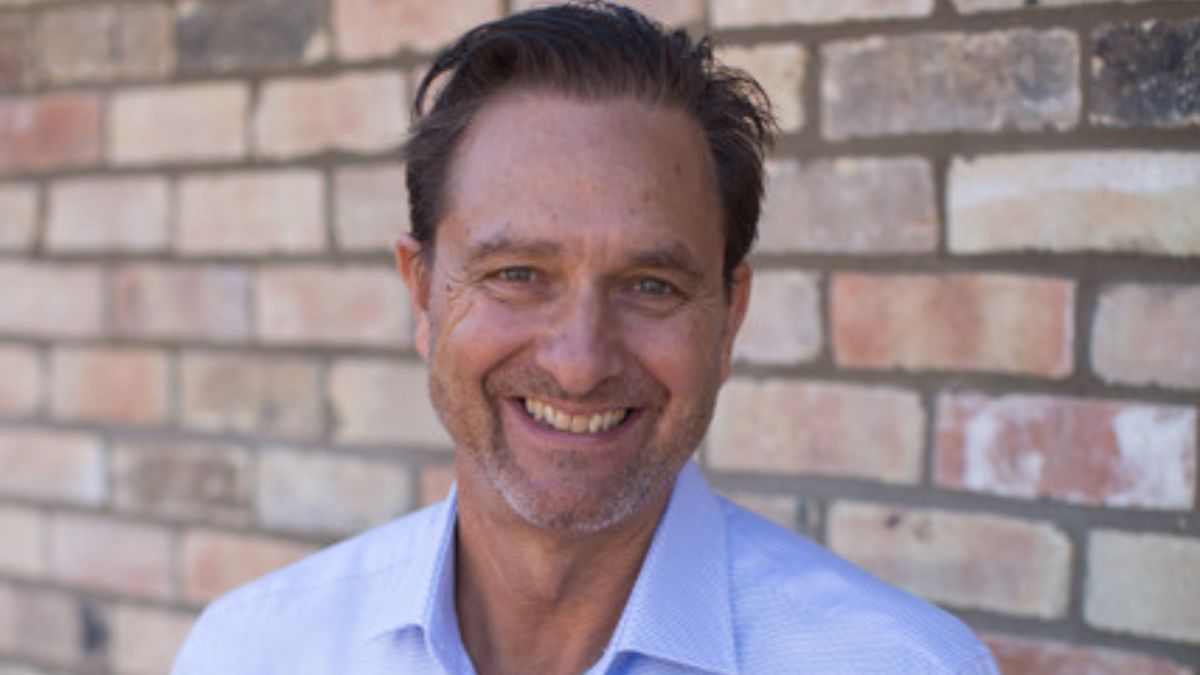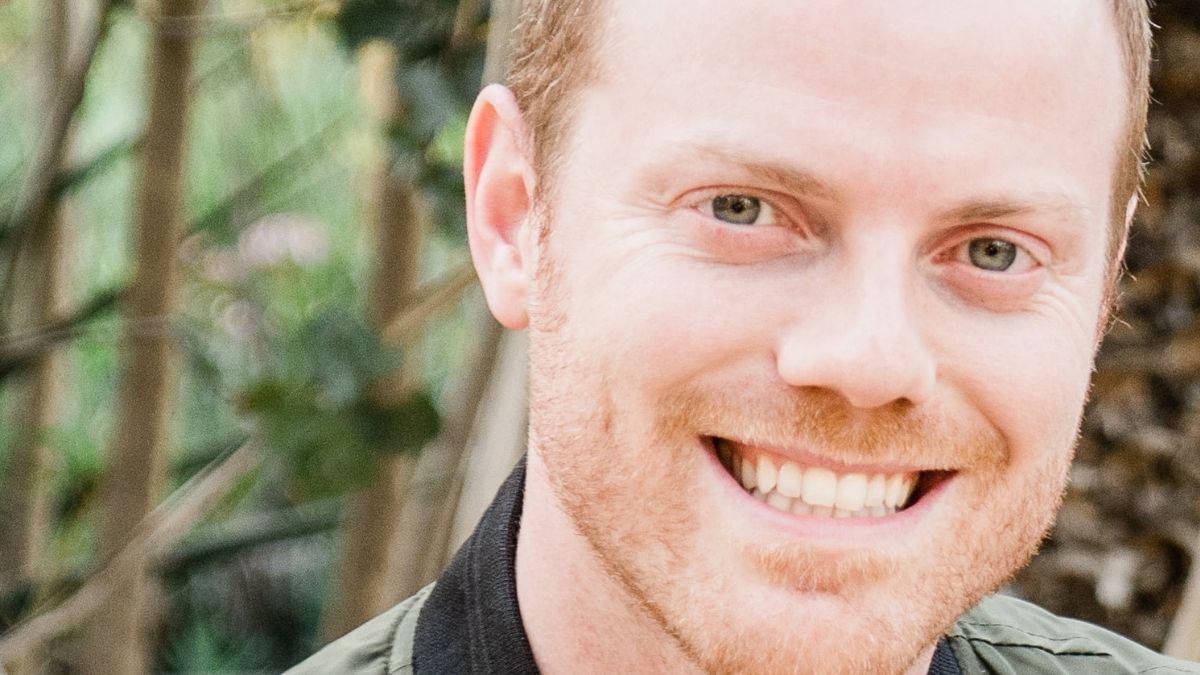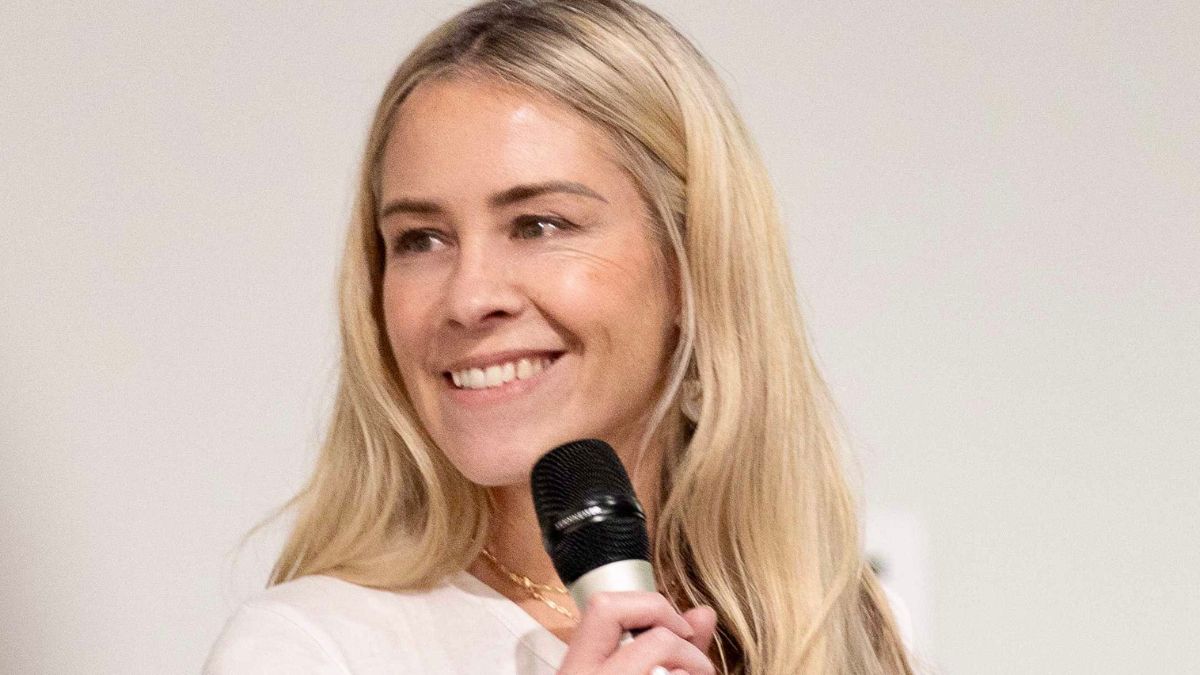"I turned into an asshole."
Not the opening line you expect from someone who's built a global leadership development business. But that's exactly how Liam Forde describes his younger self running a big operation in London.
It was a dog-eat-dog, hard-charging sales environment. And he realized he wasn't creating a great place for people to work.
So he made a decision: spend the rest of his life teaching people not to be like him.
Twenty-six years later, he's worked in 40 countries creating transformation experiences for leaders and teams. And now? He's relocated to Australia to be near his four grandkids—starting completely fresh in a market where he has zero contacts, zero networks, and zero idea where to begin.
His honesty in the latest Handpicked episode is refreshing. And his questions? They're ones that anyone who's ever started over will recognize immediately.
The "How Do I Know You're Real?" Phone Call
Liam's first question was about networks and building trust in a new market. Where do you even start?
I told him about a phone call that changed everything for RedBalloon.
I was working hard behind the laptop—keyboard warrior style—when someone called and said: "I'm on your website, I'm about to make a purchase. How do I know you're real?"
Of course I'm real, I told her. I'm the CEO.
Her response? "Well, I don't know. You could be the cleaner."
(Plot twist: I was working from home and I was the cleaner. I did it all.)
But that phone call gave me a critical insight: trust is built through relationships, not websites.
I had to get out from behind the laptop and start meeting people. Face to face. In rooms. At events.
I share the full journey in the episode—from local business networking breakfasts to how I got connected with Entrepreneurs Organisation to eventually being represented by Saxton Speakers Bureau for my keynote speaking.
But it all started with that one phone call and the realization that people need to know who you are.
Why I Wore Red For Years
Liam noticed, of course. Hard to miss.
There's a very deliberate reason I wear red: it's a uniform. It's memorable. The business is called RedBalloon, and when people see me, they remember.
Building a brand isn't just about your logo or your website. It's about the consistent visual and personal cues that make you unforgettable.
In the episode, I walk through the specific networking strategies that worked—and the ones that didn't. Including why some organisations were too local for a national business, and how finding "your people" is more important than joining every group that'll have you.
What's Keeping Australian Leaders Up at Night
Liam's second question hit at something I think about constantly: What are the biggest pain points for leaders and CEOs right now?
The answer has changed dramatically. And I'm not sure if it's just post-COVID or if we're in a fundamental shift in how people think about work.
The rate of change is staggering. Leaders are grappling with pressure points that didn't even exist a decade ago:
AI and automation: What tasks can be outsourced? How do we use AI for efficiency while bringing our people along on that journey? How do we upskill teams so they're using their secret sauce with better productivity tools?
Cybersecurity: We spend enormous energy just keeping our assets safe. This wasn't even a major conversation 10 years ago, not in the way it is now.
Remote and distributed workforces: We have a world of people available to us. Geography is increasingly irrelevant. This has fundamentally changed how teams are structured.
But there's something else I've noticed—something I dig into more deeply in the episode—about how teams are assembled now. We're moving away from rigid organizational structures toward what I call "tiger teams."
You need to get a project done? Pull together the person with this skillset, the person with that inquiring mind, someone else with specific expertise. They come together, finish the project, then disperse.
It's a completely different way of working than the traditional hierarchical model.
And people don't engage the same way anymore either. We host plenty of experiences at work—always during business hours—but people approach them differently now. They're more selective about their time and energy.
The number one thing for leaders? Stay curious. Stay adaptable. Focus on outcomes, not just process.
The Burnout Truth That Went Viral
Liam asked about mental health and physical wellbeing for leaders. He'd heard one of my podcasts where I talked about nearly burning out.
I recently wrote about this on LinkedIn and the response was enormous. The first 10 years of RedBalloon? Complete blur.
I nearly fell off my perch. Kids and work and 18-hour days. Not feeding myself properly, definitely not nurturing or nourishing myself.
It's unsustainable.
Sure, chaos is fine for a sprint. But being a business owner is a marathon. You have to pace yourself and nurture the machine—which is your ability to think, create, and lead.
Learning to say no is a privilege. But so is saying "I cannot get that done right now. This is when I can deliver it" instead of just adding everything to an impossible to-do list.
I told Liam about my discipline now—and why Ariana Huffington literally had to fall over before she got serious about sleep and thriving.
You can give yourself 30 minutes a day. Feel the earth. Do breath work. Because when you nurture yourself, creativity becomes possible. And we desperately need creativity and innovation in business.
If you're just doing, you're never thinking, creating, or aspiring.
My advice? Put those 30 minutes in your calendar like a dentist appointment. Treat it as non-negotiable.
(Liam loved this—turns out that's why his business is called "The Zone." It's about staying in that optimal state of consciousness and performance.)
The Partner Question That Changes Everything
Liam's final question was about partner management: How do you get partners to work harder for you than for anyone else?
The key is sitting in their shoes. What's the pressure point in their business? If we take care of it, they can get on with what they do best.
But here's what most people miss about partner relationships—and I go deep on this in the episode—it's about the onboarding process, setting clear expectations, establishing shared KPIs, and having regular reviews.
Service level agreements might sound bureaucratic, but they're actually about clarity: "This is how we like to work. This is how we've seen the best outcomes happen."
And yes, a lot of it is personality-driven. Let's be real about that. Relationships matter.
I share the full framework in the episode, including how we handle different types of partners who want to work with us in different ways.
Starting Over Is Universal
What I loved about this conversation with Liam is how universal his experience is.
He's a seasoned professional who's worked in 40 countries. He's built something remarkable over 26 years. And yet here he is, starting fresh in a new market, asking the fundamental questions about building trust and finding his people.
If you've ever felt like you're starting over—whether you're:
- New to a market or country
- Rebuilding after a setback
- Pivoting your business
- Trying to figure out where your people are
- Questioning how to build trust from scratch
This episode will resonate deeply.
And if you're a leader grappling with the new pressures of AI, remote teams, cybersecurity, and fundamentally different ways of working? Liam asks the questions you're probably thinking.
The Transformation Journey
From "nasty guy" in London to spending 26 years teaching people a better way to lead—that's quite a journey.
Liam's self-awareness about who he was and his commitment to being different is remarkable. And his willingness to start fresh at this stage of his career, to admit he doesn't know the Australian market, and to ask for help?
That takes courage.
We need more of that kind of honest conversation in business.
Listen to the Full Episode
This blog barely scratches the surface. In the full episode, we cover:
- The specific networking organizations I recommend (and why)
- How I got connected with Entrepreneurs Organisation
- Why Saxton Speakers Bureau approached me—and what changed when they started managing my energy
- The "tiger team" approach to modern workforce management
- My viral LinkedIn post about burnout and what I learned
- Why Australian Institute of Company Directors and Chief Executive Women matter
Plus, Liam shares more about The Zone Global and what he's learned about optimal performance across 40 countries.
Frequently Asked Questions on Starting Over After 26 Years
1. What is the fundamental difference in approach between a 'Nasty Guy' and a 'Nice Guy' in business?
The fundamental difference is the shift from a transactional, win-at-all-costs mindset to a purpose-driven, relationship-first mindset. The 'Nasty Guy' prioritizes short-term gains, often at the expense of integrity and relationships, while the 'Nice Guy' (or emotionally intelligent leader) prioritizes long-term trust, genuine customer connection, and authentic transparency to build a sustainable legacy.
2. How did you redefine the concept of a 'bad' decision in your career?
A 'bad' decision isn't necessarily one that fails; it's one you fail to learn from. In my career, shifting my approach meant viewing mistakes as valuable data points for growth and pattern recognition. When an emotional decision is made or a project fails, the focus must immediately pivot to objective self-review and implementing changes to ensure the error doesn't become a recurring pattern.
3. What is the role of transparency in restoring a brand’s reputation after a setback?
Transparency is paramount. The only way to restore trust after a setback is through open, authentic communication. Brands that struggle to recover are often the ones who attempt to 'hide something' or manage reputation through spin. A mature leader knows that integrity demands owning mistakes publicly, quickly, and without qualification, thereby rebuilding credibility through accountability.
4. What is the key to balancing confidence (ego) with emotional intelligence in a leadership role?
The key is to use confidence as self-assurance, not as a shield. Confidence is essential for leadership, but excessive ego leads to defensiveness and a closed mind. Emotional intelligence encourages confidence to be used for strategic choice—the ability to pause before reacting, to genuinely listen to dissenting views, and to admit when you are wrong, which ultimately strengthens your leadership.
5. Why is 'forgiveness' a critical strategic tool for a leader?
Forgiveness is a critical strategic tool because it’s an act of self-preservation. Holding grudges or dwelling on emotional setbacks drains the limited mental energy needed for innovation and strategic decision-making. By choosing to forgive and let go, a leader frees up their cognitive resources to maintain a growth mindset and focus entirely on future opportunities, making it a purely strategic act.





